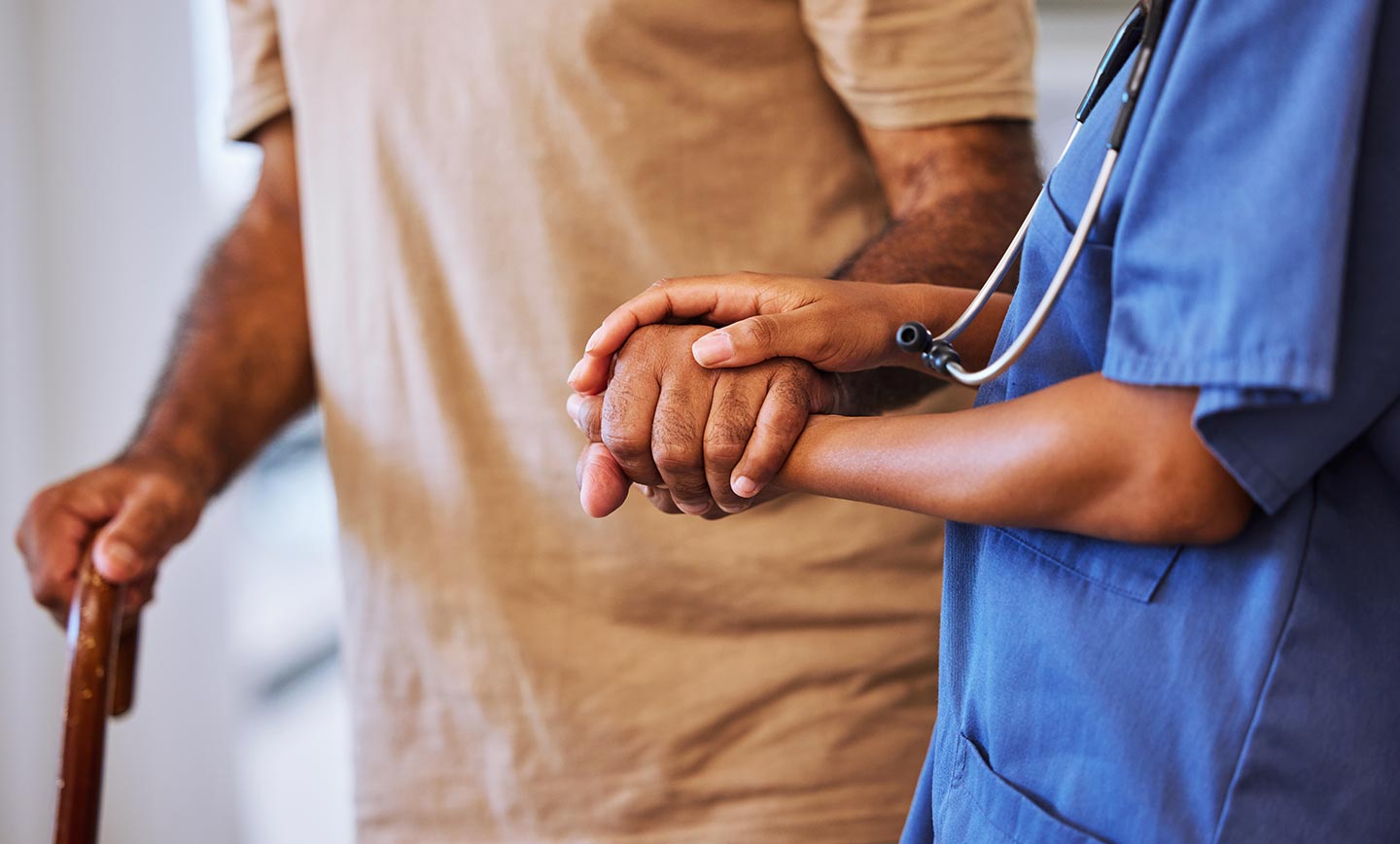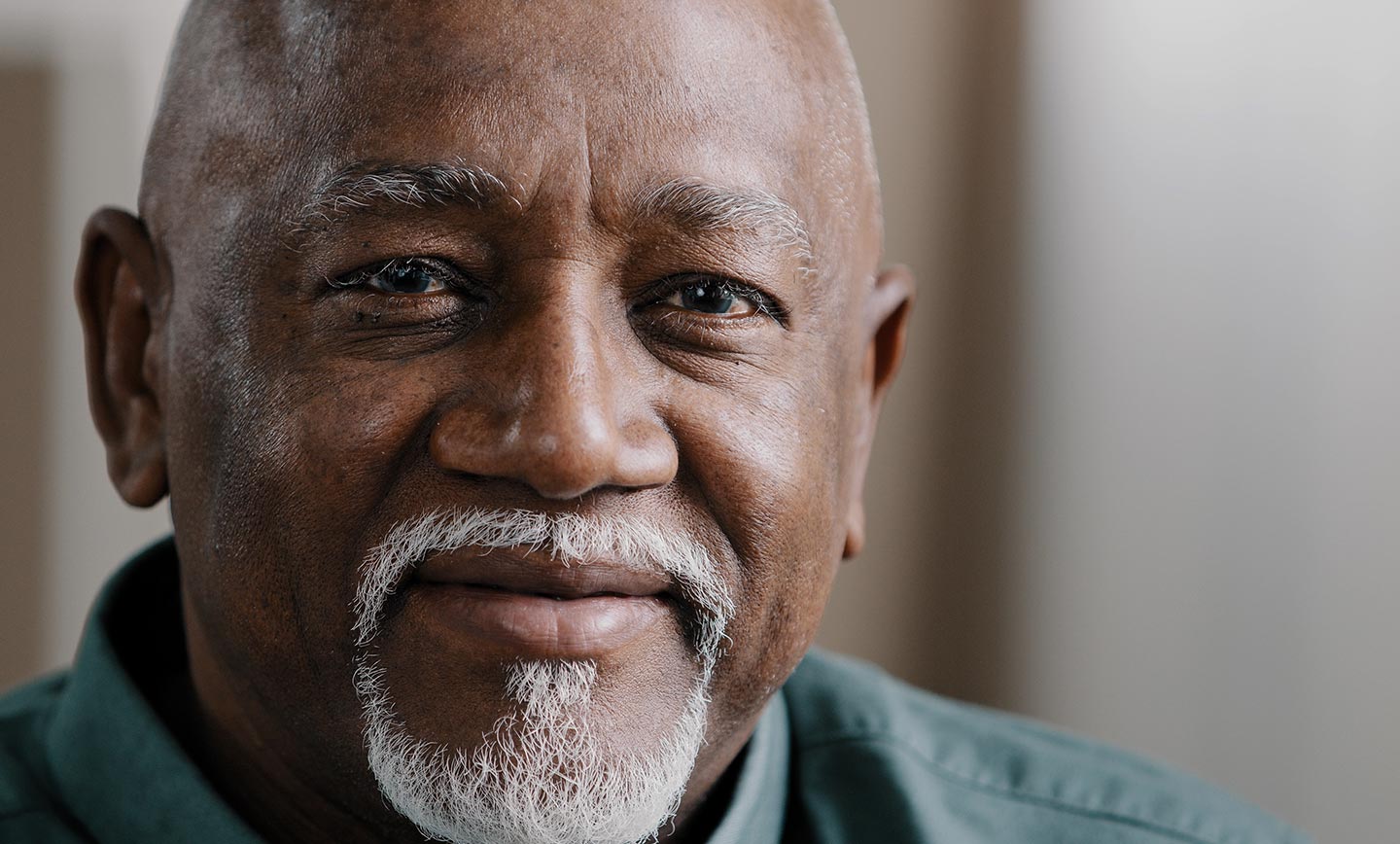Grief & Bereavement
Why is Grief so Hard?
If we were asked to name one or two of the most difficult experiences we have ever had in life, many of us would name a time when we experienced a personal loss, or death of a loved one. Such experiences often seem to trump all else in terms of levels of emotional pain.
What makes the death of a loved one so difficult? I would venture to say that the multifaceted and multilayered nature of grief contributes most to grief’s difficulty. Grief affects us psychologically, physically, behaviorally, and spiritually, and often the symptoms hit us all at once.
Psychological Responses
The mental and emotional responses that grief elicits are numerous; feelings of sadness, anger, regret, remorse, loneliness, abandonment, relief, ambivalence, fear of going crazy, impatience, anxiety, and panic are all normal feelings during grief. Also, many people experience periods of confusion, disorganization, distractibility, impaired concentration, disbelief, and preoccupation with the deceased. Many of these feelings seem to arise simultaneously and can be overwhelming for those who are grieving.
Physical Responses
In addition to all the difficult psychological responses, physical responses arise or are exacerbated during grief. It is normal to experience physical exhaustion, aches and muscle pains, sleep disturbances, heart palpitations, headaches, nausea, trembling, appetite disturbance, shortness of breath, numbness, dizziness, and other symptoms not normally attributed to grief. Doctor’s visits and trips to the ER often increase during times of bereavement.
Behavioral Responses
For some grievers, a change in their normal patterns of behavior is more obvious to those who are around them, than to themselves. Grief moves us to do things differently; perhaps we now move more slowly, or maybe we now function with more agitation. A common behavior is crying and tearfulness throughout the day, restlessness or hyperactivity, decreased interest and motivation, and social withdrawal. The loss of a loved one may cause us to avoid any reminder of the person, or conversely may cause us to constantly search for our loved one. Also, our patterns of social interaction may change; we may cease to be with certain people that we had regularly enjoyed, and now join with others who are more understanding of our grief. Some grievers try to medicate their pain with alcohol, drugs, or food, or may engage in excessive behaviors such as shopping, gambling, working, risky activities or dangerous sports.
Spiritual Responses
Death presents us with the reality that physical life ends and that life changes. As humans, the experience of losing someone throws us into asking the deeper questions of, “What does life and death mean? Is there an after-life? What is the meaning of suffering?” The absence of our loved one creates a void that yearns to be filled and we sometimes look towards religion, God, or a belief system to fill that void. We also might angrily turn away from a belief system, thinking God took our loved one from us.
Given the fact that these four categories of responses come upon us all at once, it is no wonder that grief is such an intense and overwhelming experience. It often takes months to arrive at the place where we feel grounded again, and we can go on with living. Grief is the work of adjusting to a life without our loved one physically present. Life cannot go back to the way it was because it has changed dramatically, however it can eventually be re-created into a new chapter of our own life.
VNAHSR offers individual bereavement services as well as grief workshops. For more information please call 800.244.0568 or email Hospice@vnahsr.org. You may also wish to visit our Support Groups Calendar page to view a schedule of upcoming workshops.
-
 Hospice CareHospice CareWe provide compassionate care for loved ones during the end of their life.
Hospice CareHospice CareWe provide compassionate care for loved ones during the end of their life. -
 Palliative CarePalliative CareWe provide specialized comfort and support for loved ones with life threatening conditions.
Palliative CarePalliative CareWe provide specialized comfort and support for loved ones with life threatening conditions. -
 Grief & BereavementGrief & BereavementWe provide services that are here to support you through the loss of a loved one.
Grief & BereavementGrief & BereavementWe provide services that are here to support you through the loss of a loved one. -
 Spiritual SupportSpiritual SupportWe provide a variety of Spiritual Care and support to explore the questions and purpose of the end of life.
Spiritual SupportSpiritual SupportWe provide a variety of Spiritual Care and support to explore the questions and purpose of the end of life.
—Anne Lamott










